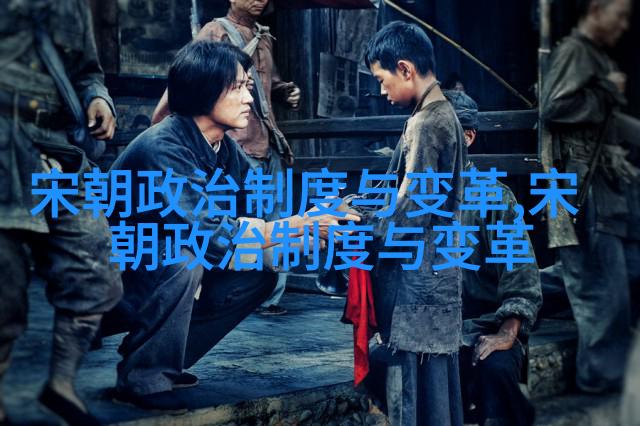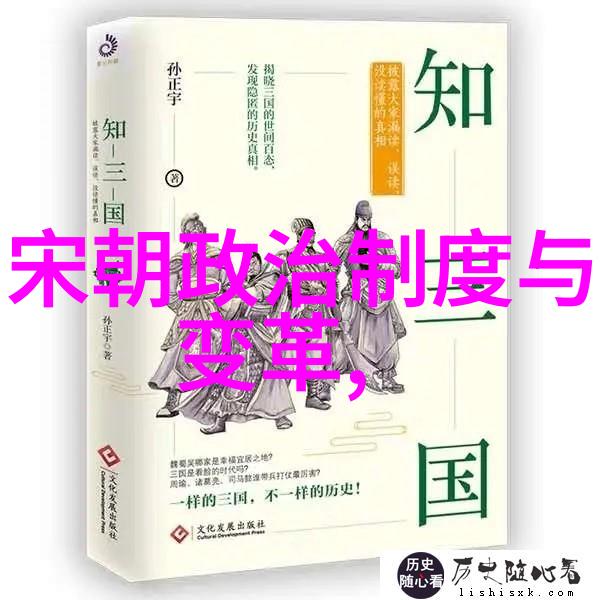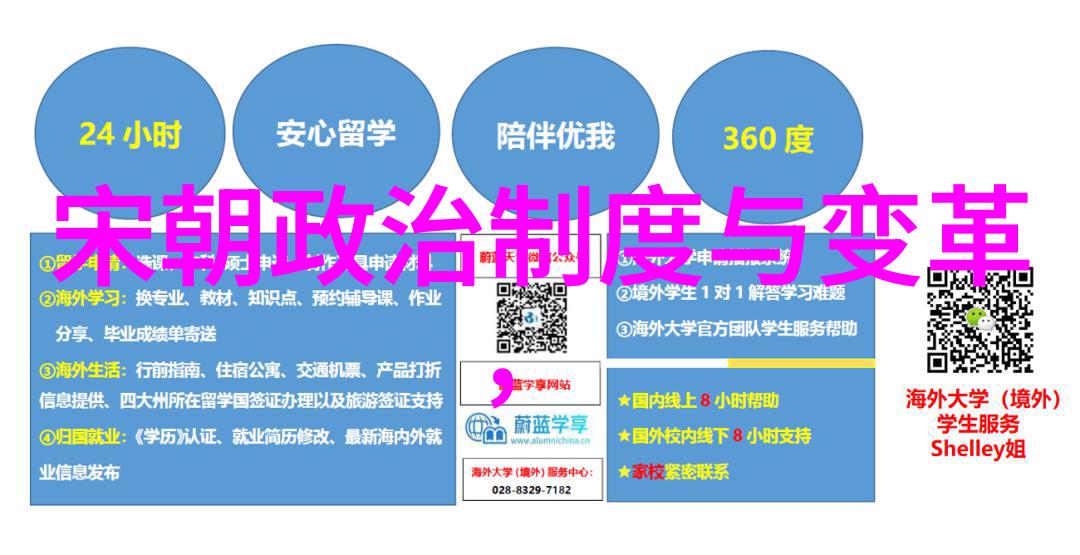中国历史英文趣事 - Unveiling the Fascinating English Stori
Unveiling the Fascinating English Stories of China's Past

China, a land rich in history and culture, has been home to countless fascinating stories that have captivated people for centuries. As we delve into the annals of time, we discover intriguing tales woven together with threads of politics, artistry, innovation, and even humor. Today, let us embark on a journey through "Chinese History English Fun Facts," uncovering some of these captivating narratives.
One such story is about Sir Isaac Newton's encounter with an apple. According to legend, it was during his visit to China in 1685 that he experienced this fateful moment. The Chinese phrase for "apple" is "" (píng guǒ), which bears striking resemblance to the Latin term "malus punicus." This coincidence sparked Newton's curiosity about gravity and ultimately led him down the path towards his groundbreaking theory.

Another interesting anecdote involves Benjamin Franklin's fascination with Chinese inventions. In 1784-85 Franklin visited France as part of his mission to secure French support for American independence from Britain. During this period he became enamored with Chinese technology like gunpowder rockets and paper money printing machines.
The Silk Road played host to numerous cross-cultural exchanges between East Asia and Europe during ancient times. One amusing example is how Marco Polo popularized spaghetti throughout Italy after learning about its similarity to Chinese noodles during his travels along the trade route.

In modern times too there are several instances where language barriers were transcended by clever wordplay or puns involving both English and Mandarin phrases:
When asked if she could eat rice without chopsticks by a Japanese reporter at her UN speech in 2013 President Xi Jinping quipped: "I can use my hands when I'm hungry!" The joke relied on both languages' idiomatic expressions - "" (xīn kǒu bù xǐ huān chī miàn tiáo) meaning 'heart doesn't like eating noodles' in Mandarin; while 'hungry enough not to care' translates as ''(kěyǐ shǎo yì shén me de jī xià bù gǎn dào)''.

Another instance came from British Prime Minister David Cameron who upon visiting Beijing University stated: "I come here today as a student." He was alluding to an old saying "" (xué shēng hòu zhōng de rén). His words reflected on how China still values education highly much like it did under Confucius two millennia ago when students would travel far distances seeking knowledge – just as Cameron had done then studying at Oxford University.
These stories show us that despite linguistic differences our histories share common threads—threads woven into tapestries reflecting human experiences shared across time zones and borders alike.




